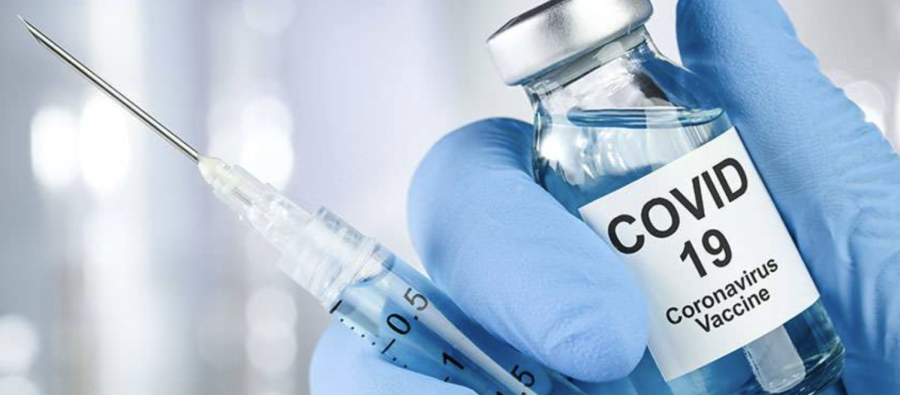Slow Internet Motivating Emory Students to get COVID Booster
April 26, 2022
Further COVID-19 mandates at Emory University are placing restrictions on the Wi-Fi capabilities of students who aren’t fully vaccinated and haven’t had a booster shot.
On Dec. 16, 2021, Emory’s president Gregory L. Fenves sent out a notice that the university would be requiring everyone in attendance to receive a booster shot against COVID-19. According to the Emory News Center, 97% of the Emory public were already vaccinated at this point.
“With the continued spread of COVID-19 across the nation and the emerging Omicron variant, all Emory University students, faculty and staff will now be required to receive a booster dose of a COVID-19 vaccine for the 2022 spring semester,” Fenves wrote. “The deadline to get your booster is Wednesday, January 19.”
Students who were not eligible for a booster by this date could apply for a vaccine exemption but are required to get the vaccination within two weeks of becoming eligible.
If a student failed to comply with the booster shot requirement, Wi-Fi restrictions were implemented. This blocked access to sites deemed nonacademic, such as social media, and slowed down the Wi-Fi speed.
According to the Emory Wheel, “The consequence motivated over half of the affected students to either submit proof of vaccination or request an exemption, Executive Director for COVID-19 Response and Recovery Amir St. Clair said.”
However, it can take anywhere from 7-10 days to review and approve an exemption from the vaccine, and a few more days past that to reinstate unrestricted Wi-Fi.
Dr. Scott Buchanan, Chair of the Department of Government and Sociology here at GC explains the legality of Emory’s vaccine mandate. There is no such requirement at GC, but this can be attributed to our being a part of the University System of Georgia (USG), making us a public university.
“Well, in terms of the legality of it, Emory is a private university,” Buchanan explained. “They do not have to follow any of the state laws (or lack thereof) when it comes to the vaccine. So, if they as a student choose to go to a private institution they have to abide by the rules of that institution.”
Buchanan goes on to explain that there is no indication that a COVID-19 vaccine mandate policy will be implemented by the USG. However, if the state were to attempt such legislation, it would be enforced similarly to the other vaccination requirements that already exist in Georgia, such as the measles or polio vaccine.
Buchanan also explained that some vaccine exemptions already exist, such as for religious purposes.
“Even with those vaccinations, non-COVID vaccinations, state law does allow for religious exemptions,” Buchanan said. “Even if they were to include COVID vaccines as a requirement there would still presumably be a religious exemption.”
Because of Emory’s status as a private university, they are free to implement these sorts of mandates and implement consequences such as restricting Wi-Fi access. The students are freely choosing to attend a private university instead of a public one and must abide by its rules. While they can still go and use their freedom of speech to speak against such actions, they also reserve the right to get their education at a different institution.




